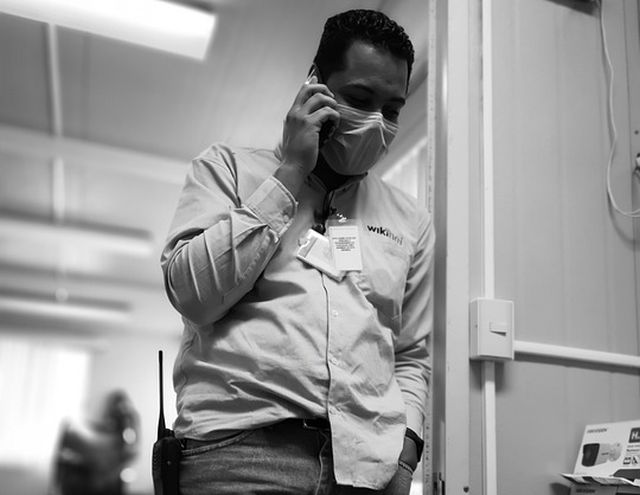‘Heartbreaking’: Global Experts Alarmed at Signs US Has ‘Given Up’ Fight to Stop Coronavirus
The U.S. endures much higher, persistent negative effects from something that other countries have solved; I’m becoming convinced that Covid-19 is not far from taking on the characteristics of gun violence.” —Michael Rozier, St. Louis University
Global health experts are looking with “alarm and disbelief” at the U.S. President Donald Trump has indicated he is not willing to force more economic shutdowns, even at the cost of lives of Americans where 119,707 have already died.
While the economy reopens in the U.S, Trump and other leaders are pushing to return to work and normal routines – Covid-19 case numbers continue to rise.
“We won’t close the country again. We won’t have to do that,” the president said Wednesday, while 10 states report their highest average since the pandemic began.
Several states such as Ohio announced last month that they would end unemployment benefits for workers who didn’t return to their jobs at the reopening.
The Washington Post reported Friday, that European newspapers have published articles and editorials expressing shock at the Trump administration’s approach to the pandemic.
“I’m becoming convinced that COVID-19 is not far from taking on the characteristics of gun violence. The U.S. will endure much higher and persistent negative effects of something that other countries have solved; We’ll normalize it and convince ourselves nothing can be done,” said Michael Rozier, St. Louis University.
What do Americans think? 83 percent are concerned that lifting lockdown orders too quickly would lead to more coronavirus infections according to a May Associated Press survey.
Former Obama administration Medicare official Andy Slavitt tweeted, “Don’t ever let anyone tell you it wasn’t possible.”
Don’t ever let anyone tell you it wasn’t possible. https://t.co/FkoNxmknRe
— Andy Slavitt @ 🏡 (@ASlavitt) June 19, 2020
Except for New Zealand which spends 4 percent of its GDP on coronavirus relief, and reported in late April that it had effectively eliminated the coronavirus. Since then the country had only three confirmed cases in the past three weeks.
Other countries have shown a drop in recent weeks, including Germany, Canada, and Denmark, have also introduced economic relief packages to keep people at home and avoid overwhelming health care systems.
These spending plans contrasted sharply with relief measures in the United States, which included a one-time direct payment of $1,200 to some Americans and $600 per week on top of regular unemployment benefits.
In the United States, the planned relief included a one-time direct payment of $1,200 to some citizens and $600 per week on top of regular unemployment benefits.
The Republican plan expires in July, and House Majority Whip James Clyburn (D-S.C.) admitted last month that a paycheck guarantee was the “most efficient” way to protect people’s jobs and incomes during the health and economic crisis, but dismissed Rep. Pramila Jayapal’s (D-Wash.) proposal as too expensive.
Devi Sridhar, chair of global public health at the University of Edinburgh, tweeted “Poorer countries did much better”:
As a global public health expert, I don’t accept that US & UK poor responses were due to capacity. Poorer countries did much better. It’s down to absent leadership, incompetence & a deliberate decision to treat COVID-19 like flu for weeks in Feb & March & just ‘let it go’.
— Devi Sridhar (@devisridhar) June 12, 2020
Read more about: Coronavirus, COVID-19, Donald Trump Presidency, Pandemics, U.S.




